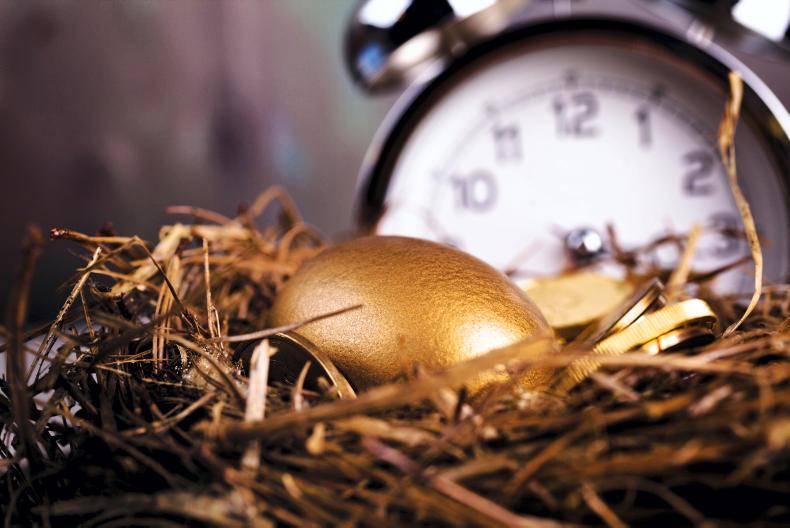The clocks go back on Sunday, but that extra hour in bed could be lost to us in a couple of years. The European Commission is proposing that we scrap daylight savings time in 2021. Each EU country will have to choose either summer or winter time and stick with it.
So, what should Ireland do? Should we opt for “summertime, all the time” which sounds like an early Beach Boys song. Or should it be “Winter is coming – forever”?
Daylight savings time was first introduced in April 1916 in Germany and Austria, to save coal and electricity during the war. The British followed suit three weeks later, bringing “summertime” to Ireland.
For farming, the old advantages of wintertime were having light in the morning for essential yard work. Electricity was in short supply. When rural electrification happened it usually meant a few light bulbs and perhaps a sacred heart lamp and a radio. That’s no longer important.
If we stay on wintertime all year, the sky would be brightening on the western horizon at about 1.30am in midsummer.
Coming out of a pub to the emerging morning would no longer be the preserve of lock-ins. Spring evenings wouldn’t see light last until 9pm until about 20 April, and the sun would set at 7.15pm on 1 September. Spring farm work benefits massively from the extra hour.
Later sunsets
Until 1916, Dublin was 25 minutes behind GMT, reflecting our later sunsets. Many towns had their own regional times, which were only harmonised with the adoption of daylight savings time. The idea of standard time was relatively novel. With travel being slow, and communications not much faster, having time measurement as a constant was not that important. The advent of trains and telegraphs, followed quickly by cars and telephones transformed the world.
Even at the height of the economic war, no Irish government post-Independence sought to restore a separate Irish timezone. Yet, the Republic of Ireland could be separated by a “time-border” from Northern Ireland.
There is no requirement for a post-Brexit Britain to obey an EU directive to scrap daylight savings time. And the effects won’t just be the BBC News at Ten coinciding with RTÉ’s Nine O’Clock News. Businesses will open and close at different times. On the plus side, if crossing the border takes an hour, you will get across at the same time as you joined the queue in one direction at least.










SHARING OPTIONS